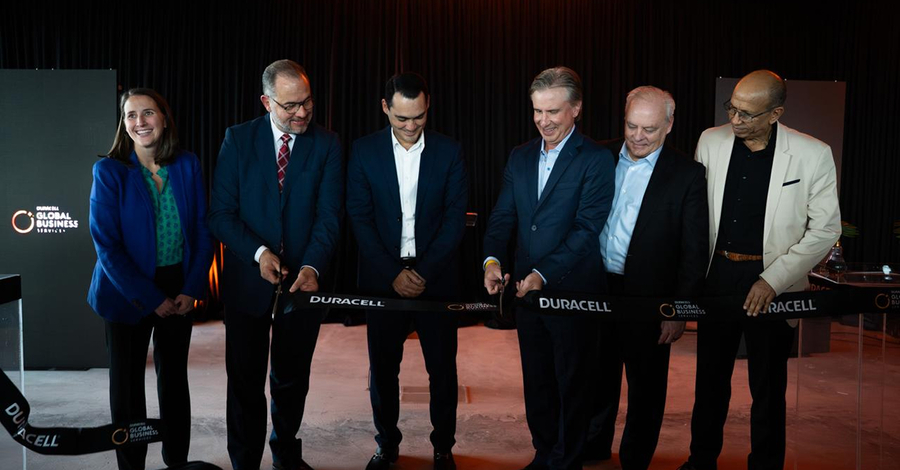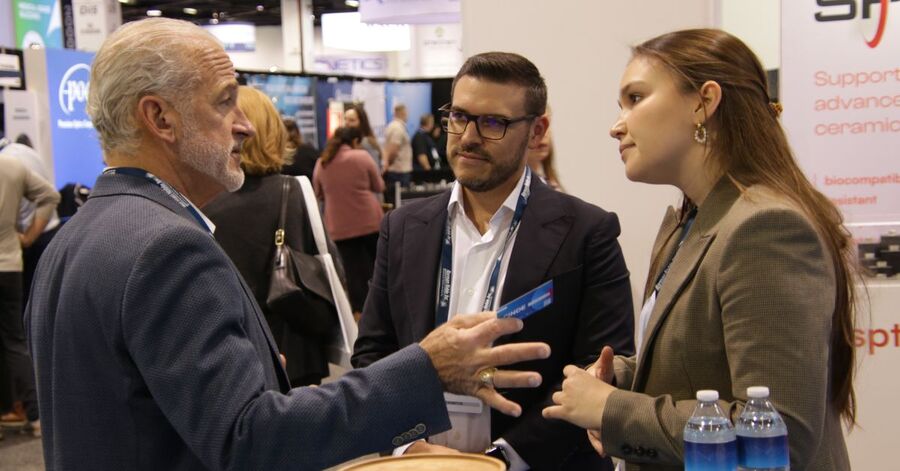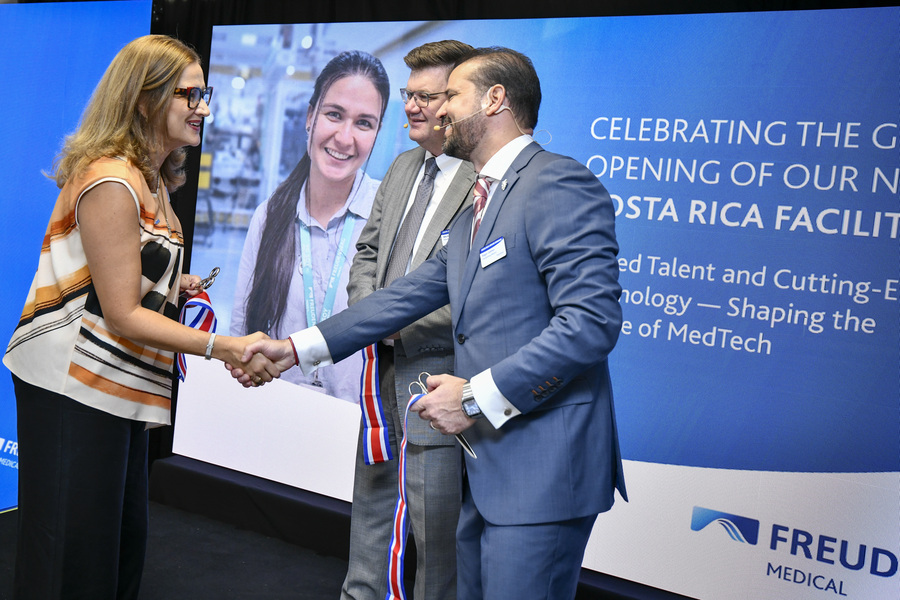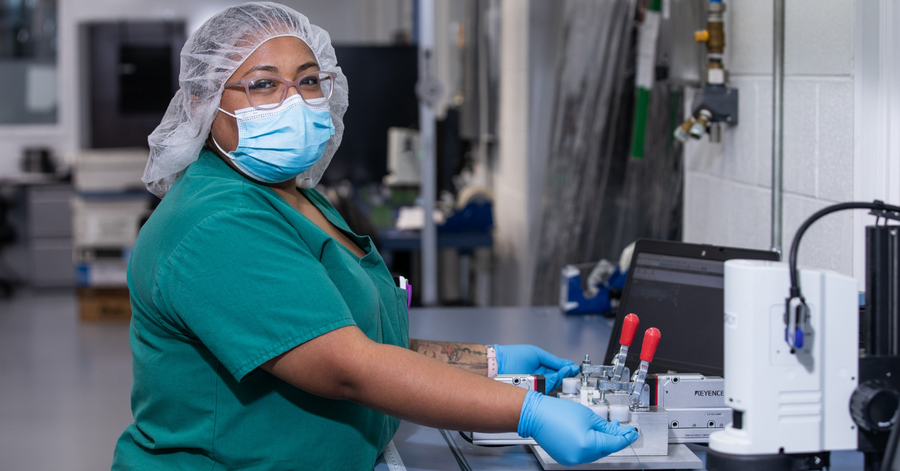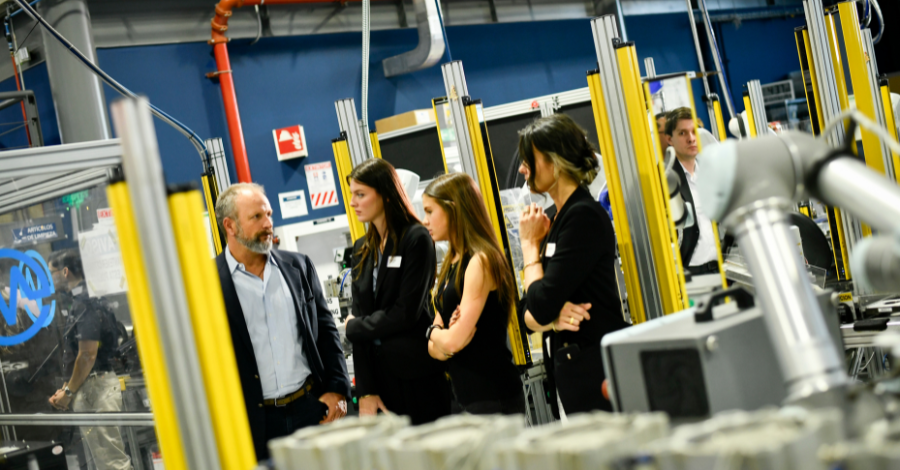NEWS
Investment Monitor Magazine: Centre of excellence, Costa Rica’s status as a global advanced manufacturing hub
- Why Costa Rica is a prime location to serve the shifting opportunities for advanced manufacturing following Covid-19.
As Covid-19 began to spread across the world, it quickly became clear there were critical supply shortages of the equipment needed to fight the pandemic. Ford quickly sprang into action, transforming one of its production lines to assemble artificial ventilators for intensive care patients.
With time of the essence, the auto-making giant turned to MicroTechnologies, which delivers engineering solutions for the automotive, medical device and aerospace industries. The company, located in RC Logistics Condominium in Alajuela, Costa Rica, was soon manufacturing two of the ventilator’s key components, producing nearly 100,000 pressure and vacuum switches for export to the US.
It hasn’t been an easy year for the global manufacturing industry. In the months following the outbreak of the virus, the sector has endured a sharp decline in production, with sites shuttered and supply chains pushed to breaking point.
As demonstrated by MicroTechnologies’ ability to pivot production processes at such dramatic speed, the power to leverage Industry 4.0 technologies has proven critical for restarting and adapting operations.
“Not so long ago having an OEM with an Randamp;D office in Costa Rica was a dream; now it is the norm,” says MicroTechnologies’ sales director for medical devices Daniel Araya. “This only proves that we have established ourselves in a country that is a hub for product development.”
In recent years, investment in digital tools such as robotic process automation and artificial intelligence has been utilised to make manufacturing operations more efficient.
Manufacturers that had already begun putting these solutions in place, and markets with a track record of enabling them to do so, have benefited from being able to swiftly resume operations.
Costa Rica has been at the forefront of the digital transformation for more than a decade and is well placed within these specialist sectors. Adoption of new technologies, combined with its geographical and demographical advantages, puts the country in a strong position to exploit shifting priorities and advancements in manufacturing strategies and investments.
Today, a significant proportion of foreign direct investment into Costa Rica is concentrated in smart manufacturing, consisting of advanced manufacturing and the life sciences sector. Since 2017, medical devices have become Costa Rica’s number one export product, overtaking the agricultural sector for the first time.
The country is now the second-largest exporter of medical devices in Latin America as well as the top exporter per capita in the region, and home to more than 70 medtech companies, including Boston Scientific and Medtronic. Eight such companies are in the top 20 exporters in Costa Rica, representing $2.699m in medical device exports in 2019.
The products manufactured by these organisations have evolved over the years from predominantly low-quality disposables in the early 2000s, to a wide range of class I to III devices, such as surgical, aesthetics, optics and cardiovascular tools. This evolution would not have been possible without Costa Rica’s highly skilled, multilingual workforce. In 2019, the country was home to nearly 30,000 employees in the medtech sector, a figure that has increased by an average of 14% annually since 2009.
So how has Costa Rica managed to adapt its export structure and attract a diverse range of foreign investors within these highly skilled sectors? The answer, in part, dates back to the 1990s, when the country set out to diversify its economy.
In a move away from focusing primarily on its traditional agricultural exports, it put in place an FDI strategy that promoted advanced manufacturing. Costa Rica’s political stability, geographic location and competitive tax incentives in the country’s economic free zones helped lure investors from the higher-value sectors. It wasn’t until 1997, though, with the arrival of high-tech giant Intel, that companies around the world started to take notice and Costa Rica was placed firmly on the advanced manufacturing map. North America is still the country’s top export location for precision and medical equipment, but exports to Europe, Asia and South America have grown significantly.
MicroTechnologies began investing in Costa Rica more than 20 years ago. “We started with a small operation back in Cartago to test local capabilities both from a logistics and technical standpoint,” explains Araya. “To our surprise, we found a highly educated and technical country with a very stable economy that had major potential to become a hub for specialised industries.”
The company started by migrating its manual work before gradually transitioning to more automated and complex processes, until most of its operations had been transferred to Costa Rica. In 2018, following several expansions, MicroTechnologies decided to invest $20m in a brand new manufacturing plant to help grow its local operations and generate new jobs.
It is also true for the rest of the sector. Costa Rica’s productivity in medtech has seen a dramatic increase. Between 1999 and 2019, the average output per employee went from $76,000 to $122,000, growing by 61%.
There have been several strategic alliances to develop the talent needed to serve the growing medtech industry. Recognising the high-quality manufacturing taking place in Costa Rica, the Association for the Advancement of Medical Instrumentation (AAMI) joined forces with the Costa Rican Investment Promotion Agency earlier this year to bring new training programmes to the country.
“Costa Rica has become a hub for medical device manufacturers, with three major medical device campuses near San José – many of our members have a footprint there,” says VP for Innovation at AAMI Brad Schoener. “We started bringing new training courses to these campuses because we believe Costa Rica has a role to play for the global medtech industry.”
The AAMI now offers more than 18 courses on topics ranging from software and cybersecurity to quality and regulatory assurance. The curricula are developed together with the FDA, which conveniently has its Latin American headquarters in Costa Rica.
Despite the impact of Covid-19 on the global smart manufacturing industry, Costa Rica has found itself ahead of the trends and looking like an appealing option for investors.
“I strongly believe that the next couple of years will be very positive for the medical device industry in Costa Rica,” says Araya. “As a by-product of the local advantage and probably the most important benefit of proximity is that we are generating jobs and multiple entrepreneurship projects that add layers of complexity to the supply chain, which reduces, even more, the need to go abroad for supplies, and generates wealth and empowerment.”
In September 2020, multinational NACS Inc. announced that it had chosen Costa Rica to expand its operations, manufacturing automation equipment for companies in the medical devices sector. This confident investment, in the midst of a global pandemic, reaffirms Costa Rica as a serious contender for FDI in the smart manufacturing sector and may well be indicative of what the future holds.



